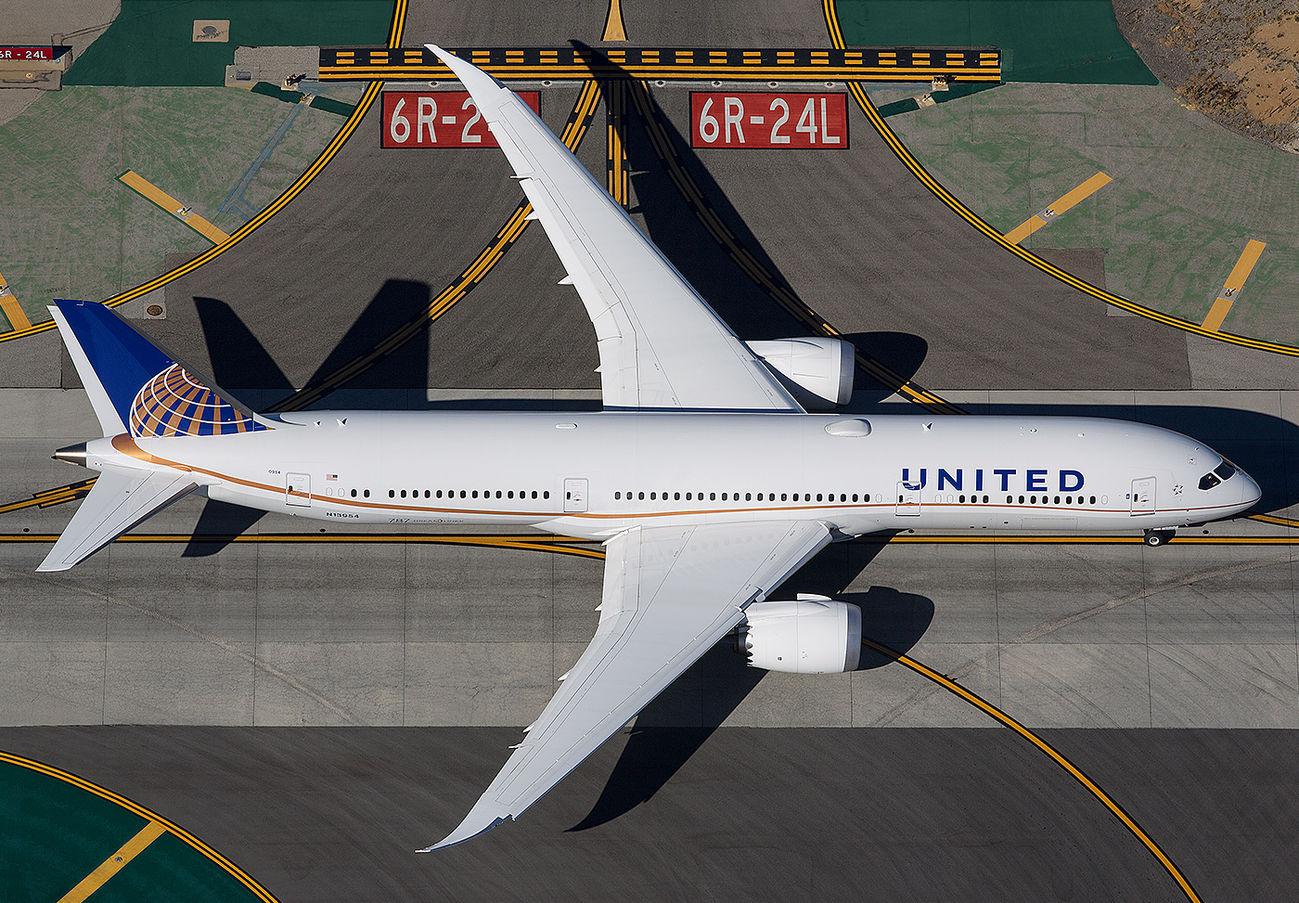
United Airlines has withdrawn its full-year financial guidance, citing uncertainty over the ramifications from the COVID-19 coronavirus on travel demand, particularly in the Asia-Pacific region where the airline had 15% of its planned full-year capacity.
United is projecting first-quarter earnings per share (EPS) to fall within its guidance of $0.75-1.25. Beyond that, the Chicago-based carrier said, “We believe the range of possible scenarios is too wide to provide earnings guidance at this time.”
“If COVID-19 were to run its course by mid-May, and normal travel patterns on transpacific routes resume gradually over five months, we would expect to be tracking to deliver 2020 adjusted EPS within our previously provided guidance range of $11.00 to $13.00,” United continued. “Despite these short-term impacts, the company continues to believe it will be in a strong position to deliver earnings growth in 2021 and beyond.”
J.P. Morgan analyst Jamie Baker called United’s short-term guidance pull-back a “largely irrelevant housekeeping exercise,” noting in a Feb. 25 investor note that the airline will use its annual investor day next month to detail its long-term outlook.
United and its competitors are expected to offset some of their reduced flying through fuel savings. Of greater concern is what will happen to displaced capacity.
“As a result of COVID-19, we are currently seeing an approximately 100% decline in near-term demand to China and an approximately 75% decline in near-term demand on the rest of our transpacific routes,” the carrier said. “We are managing our business to minimize the operational and financial disruption.”
The sharp decline in demand led United to drop its flights to Beijing, Chengdu, Shanghai and Hong Kong through Apr. 24. The routes represent 5% of planned full-year 2020 capacity as measured in available seat miles (ASMs). The rest of its transpacific routes account for another 10%.
The carrier and its competitors could face downward pricing pressure elsewhere in their networks if too much Asia-Pacific capacity is re-deployed.
“Domestic air travel demand has been strong, but our concern is that re-allocated widebody capacity will hurt pricing,” Cowen & Co. analyst Helane Becker wrote in a Feb. 25 investor note. “Air Canada recently stated they are shifting capacity from China to areas of strength like the Atlantic. If the virus spreads throughout Europe, there will likely be additional fear regarding travel trends in the transatlantic, especially for the peak summer travel season.”





